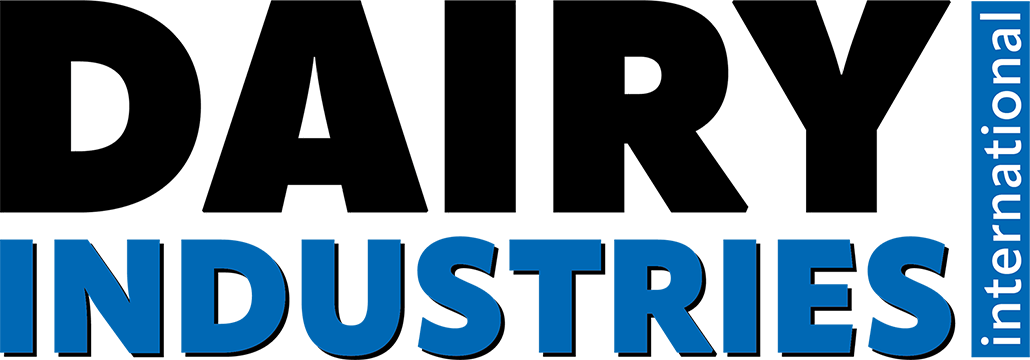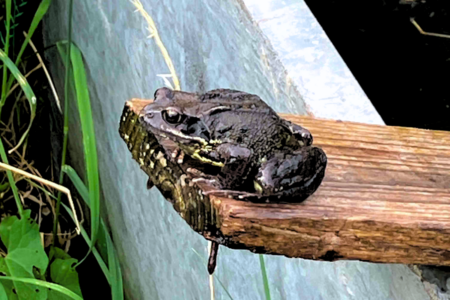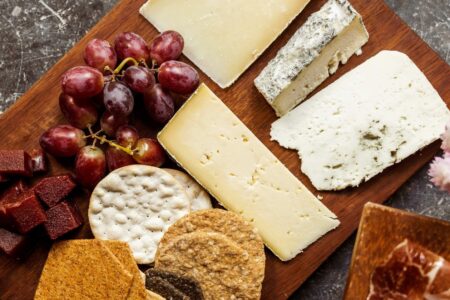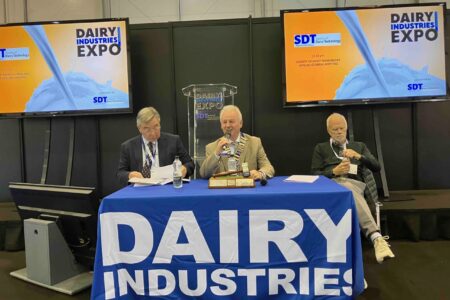What’s in your coffee?
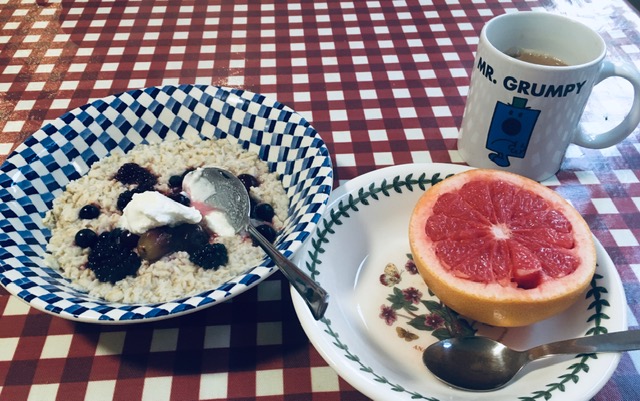
Farming Today on BBC Radio 4 is a show worth getting up early for, in my humble opinion. Most of you are up early anyway. Today, presenter Charlotte Smith looked at the new land of paper that the Northern Irish goat farmer Charlie Cole is experiencing as he tried to move his goats to abbatoirs in Ireland. Oh, the paperwork that Brexit has caused.
I suspect the current British government is aiming for a version of events where eventually people stop complaining about all the extra paperwork we all have to do to ship anything to Europe or vice versa. This will be instead of doing anything about this pile of additional legislation they’ve lumbered us with. Somehow, the idea of taking back sovreignity is supposed to outweigh all the extra costs and damages incurred with this Conservative myth.
Meanwhile, Scotland plans for another referendum to exit the UK, and Northern Irish producers like Cole can’t buy seeds from the mainland UK because of Brexit. This place is starting to feel like a not very united kingdom to me.
Back to Farming Today. Smith also hosted a debate between the chief sustainability officer for Oatly drinks Ashley Allen and the NFU’s deputy president, Stuart Roberts, on the subject of the recent British ad campaign from the Swedish oatmilk firm, which has prompted more than 100 complaints to the UK’s Advertising Standards Authority (ASA).
The campaign, which is aimed at teenagers encourages them to ‘talk to dad’ about the reasons why they should stop drinking dairy milk. The ASA says complaints cover a range of issues including concerns about sexism, ageism, causing fear and being offensive to dairy farmers.
What really seems to have annoyed the farming community is Oatly’s use of this statistic, Smith noted: “The dairy and meat industries emit more carbon emission than all the world’s planes, trains, cars, boats etc combined.”
Allen claimed that the ones used were part of many datapoints used in producing the advertising. Roberts pointed out there were more up to date global figures than the ones Oatley had used in the ads, and methane had a much shorter half life than fossil fuel emissions used in transport. “Dairy performs very well on protein per kilogram of carbon emissions,” he stated. He also said in the UK, the figures cited were not the most relevant ones, with livestock only producing 10% of greenhouse gases, and 3.7% of that number being the meat and dairy industries.
Smith encouraged them to try and convince, as per the advertisement, how a teenager would try and change their parents’ minds about the oat drink versus dairy. Allen asked Roberts to try new and trendy things, but he replied that while he was open to dialogue and discussions, he felt it important to use the right statistics in the right markets.
Expensive trends (£1.50-1.70 per litre) versus a 6,000 year old nutritious industry (£0.89-£1.15 per litre, the latter price for organic). Hmm. I am all for oats, being a very large porridge consumer (see photo), but I think I’ll stick with dairy milk for my morning coffees and yogurts. I tend towards the long trend, rather than the short ones, myself.
- Suzanne Christiansen, editor, Dairy Industries International.
Keep in touch via email: [email protected]
Twitter: @dairyindustries or LinkedIn: Dairy Industries International magazine.
